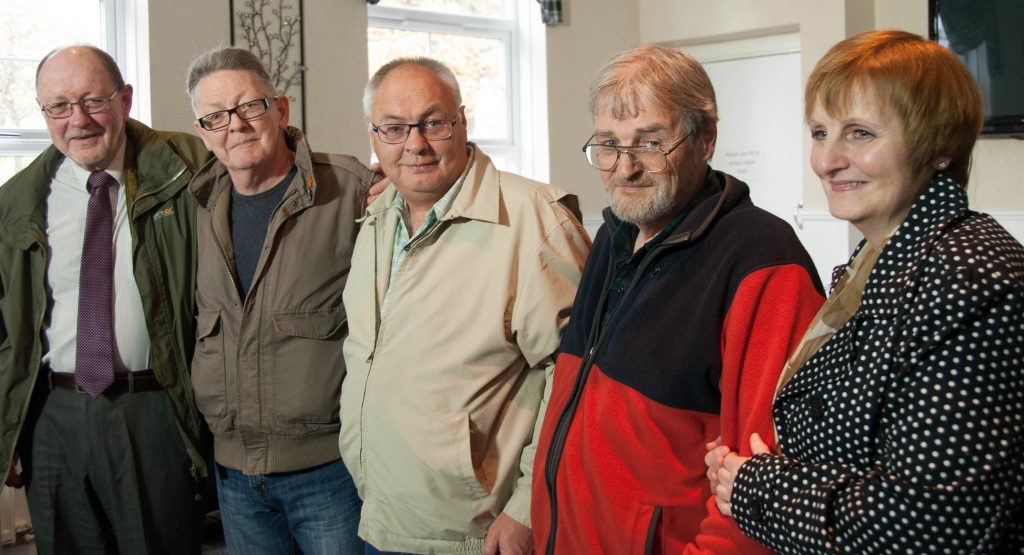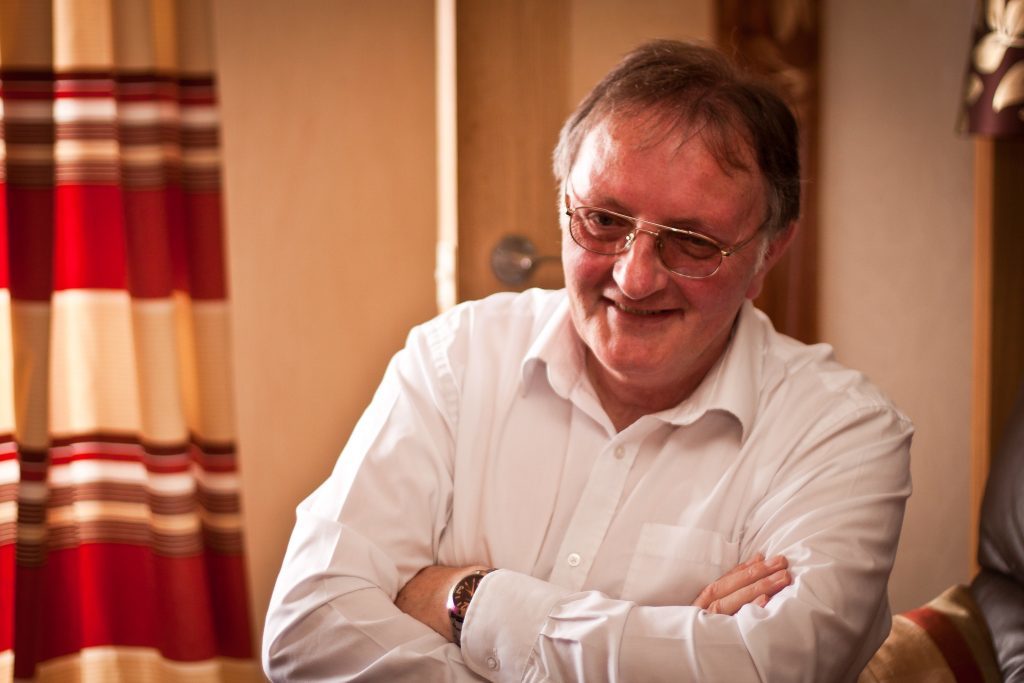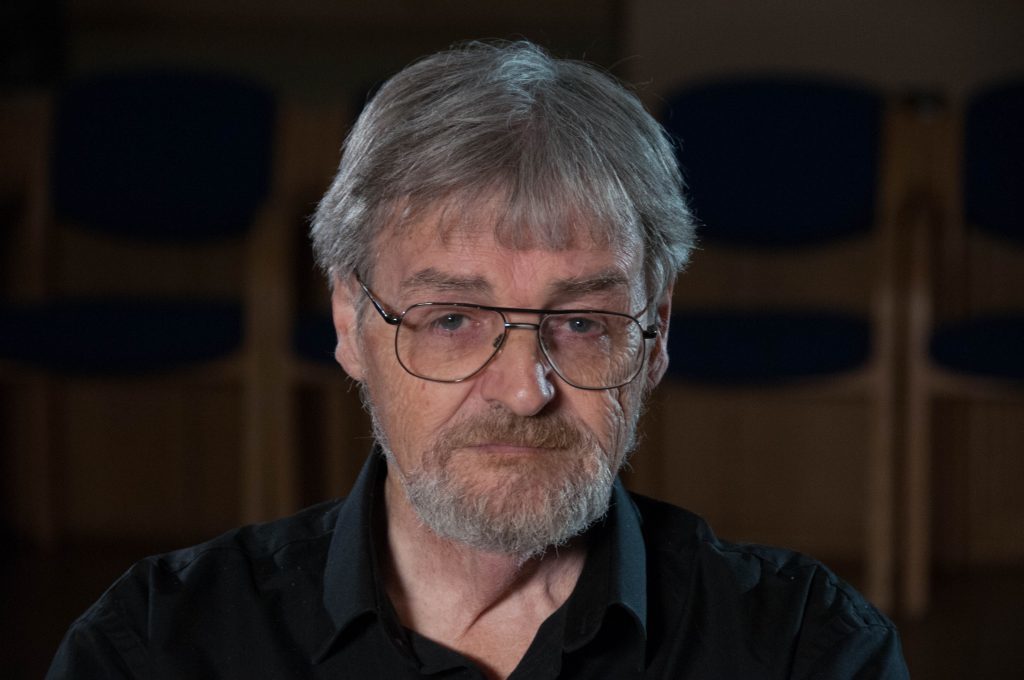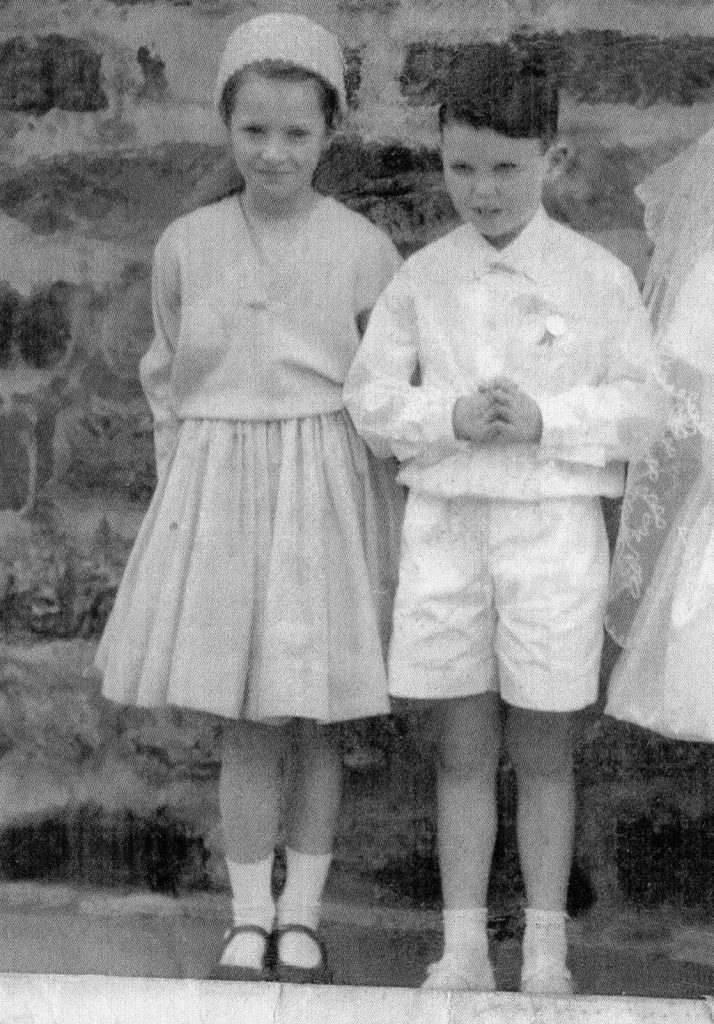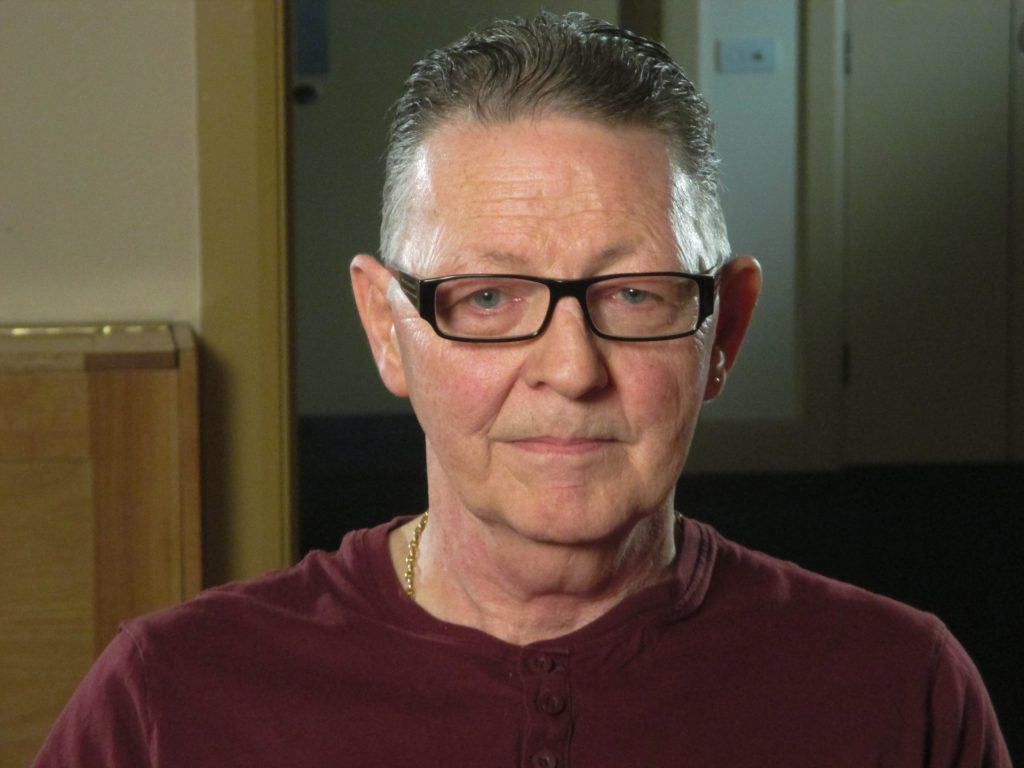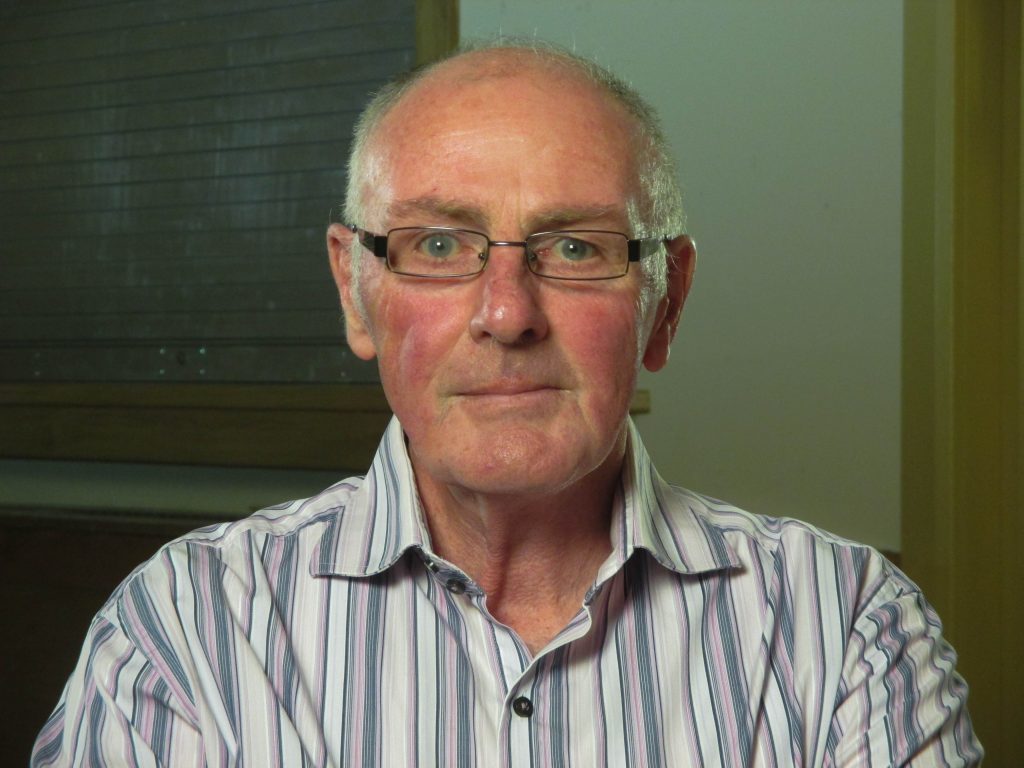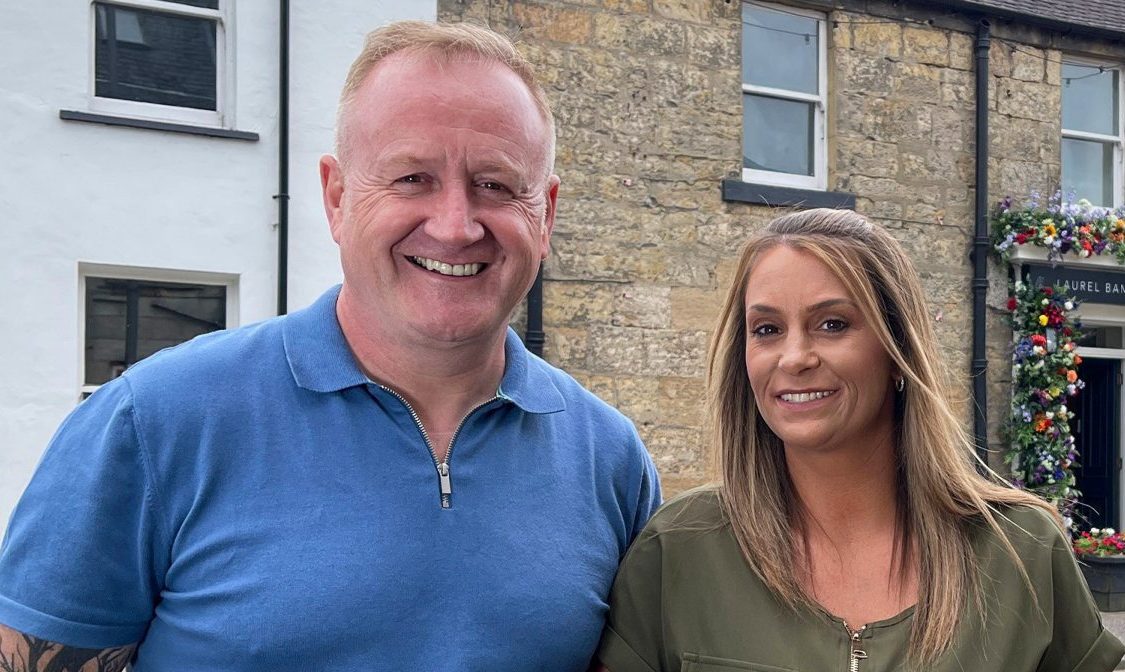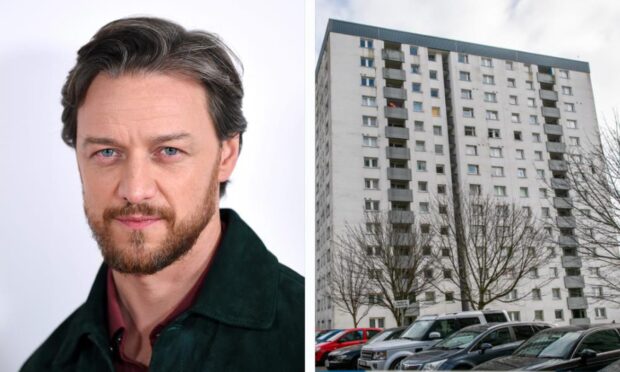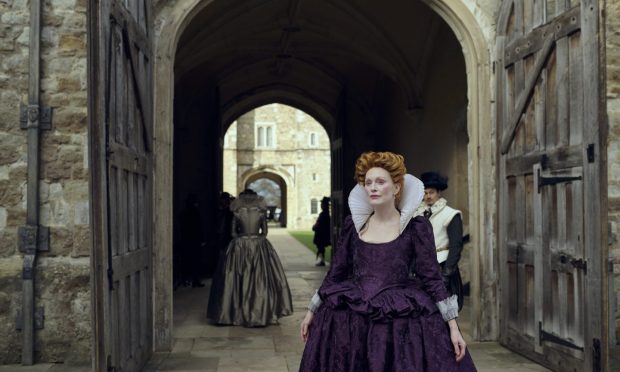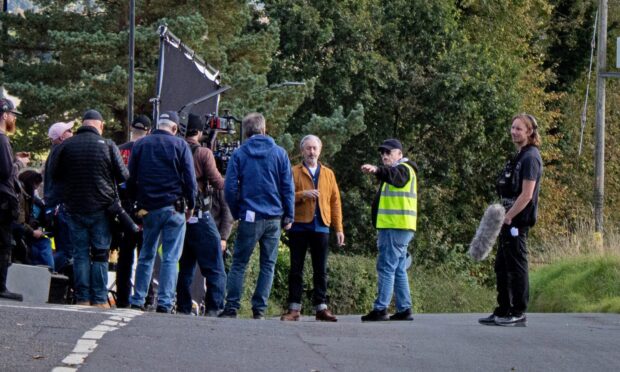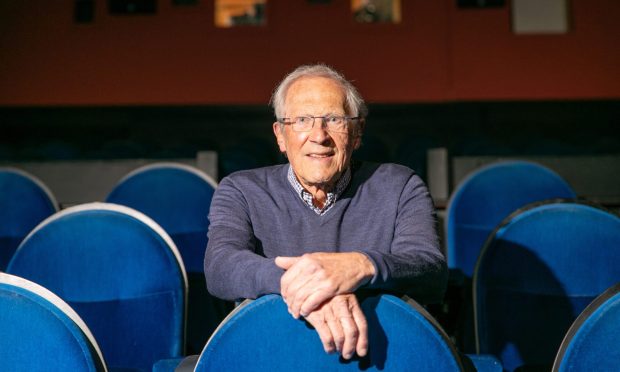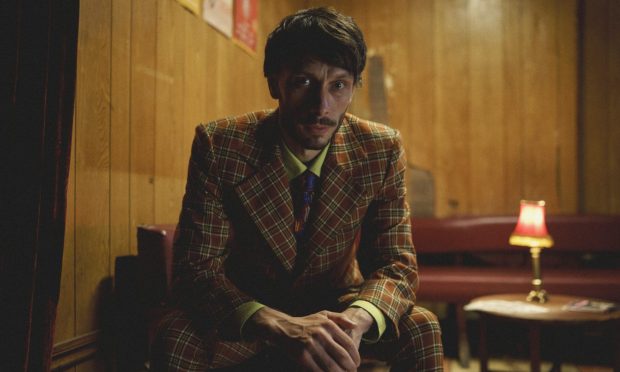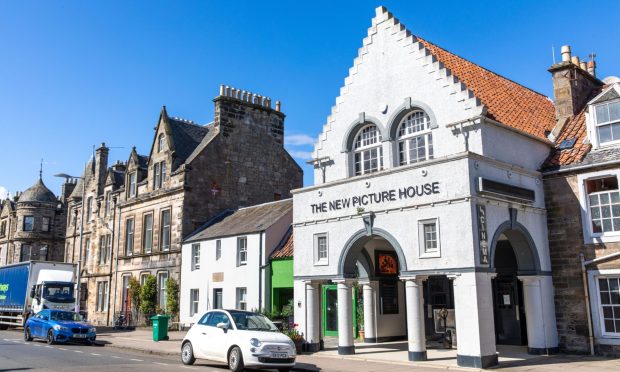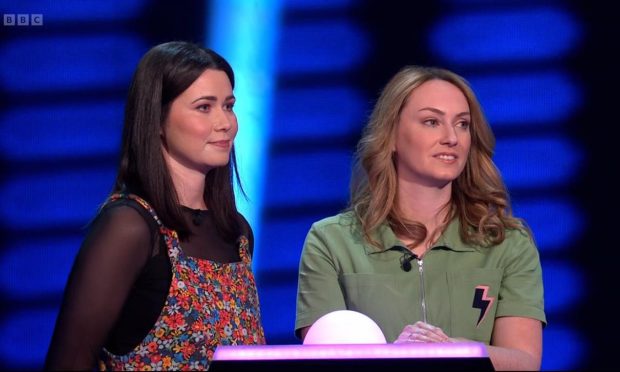The astonishing decades-long quest by a Dundee man to reunite his family of 17 siblings will be told in a BBC Scotland programme. Michael Alexander reports.
Torn away from their family home and taken to a remote farm in the dead of night, the brothers were forced into slavery at the age of four, made to sleep in a filthy chicken coop and forced to steal dog food to survive.
It sounds like a nightmare from centuries ago.
But it happened in post-war Scotland and now the remarkable tale of how Dundee man George Clark – one of the traumatised survivors who helped reunite many of his 16 siblings after decades apart – is being told in a BBC Scotland documentary being screened on Tuesday April 11.
Growing up in Greenock in the 1950s and 1960s, the 17 brothers and sisters belonging to the Clark family were effectively swallowed up by the welfare system, with their mother often deemed to be unfit by the authorities to look after them.
Some were adopted, some went into foster homes and some went to institutions – often knowing little or nothing about each other – and some died in infancy or their early years.
George, Jimmy and Tommy Clark, who were then four, six and nine respectively, were sent to a farm in the Highlands under the boarding out system, whereby children in care were sent to rural areas with a view of getting them away from urban ills to fresh air.
But in the documentary – A Family Divided – surviving family members tell how the system was effectively a form of “modern day slavery” with children dressed in rags, kept in terrible conditions and beaten.
James Clark remembers that his older brother Tommy was seen as useful, because at nine he was deemed large enough to do work on the farm, but James and George were just seen as a nuisance.
While Tommy was allowed to live in the farmhouse, a chicken shed they had been cleaning out became the younger boys’ ‘home’ with a couple of old beds without mattresses and just potato sacks for bedding.
It was their accommodation for three years until the authorities moved them into care homes in Aberdeen.
Surviving the ordeal, George went into training in the South of England as a young man, but wanted to return to Scotland, particularly Dundee.
His oldest sister Mary-Ann, who hadn’t gone into care, had ended up in the city.
His renewed contact with her was the start of his 40-year quest to track down the other members of the family.
Initially he had thought there were nine, but as time went on he kept finding details of more.
George, a businessman, founded the Dundee Music Shop which helped local youngsters get music lessons.
But he also worked tirelessly researching his family and trying to piece this incredible jigsaw together, eventually concluding that there were at least 17 siblings.
In 2014 he decided to go public with his story of life on the Highland croft in a bid to highlight the story and see if he could make actual connections with some of his missing brothers and sisters.
Film maker Biança Barker, of Steadipix, was attracted to the story of the family after seeing the resulting coverage and got in touch with George, but unfortunately he had been unwell and died in March 2015 before filming had got underway.
However the other members of the family, he had found, agreed to keep going with the project. During the filming the family managed to track down their youngest brother Andrew – through adverts in local newspapers in England and Facebook postings – just days before a family reunion event in Greenock, which Andrew managed to attend.
There is just one last known brother to track down, Tommy, who was last heard of in the 1980s, living in the Felixstowe or Harwich areas.
The mantle for keeping the family archive together has now fallen to Bernard Clark.
Bernard was tracked down in 2011, when he was 59, by George, who just turned up at his door one day.
Ian Savage, who had a similar experience when George tracked him down in late 2014, was originally born Peter Clark in 1950.
He was taken away as a baby and adopted but grew up close to Bernard and Joan, who were fostered together, in Greenock though didn’t know it at that time.
Ian said: “George was the driving force to bring the family together. We were only starting to get to know George when he passed away.”
Bernard, who still lives in the Inverclyde area, also credits George as the driving force at the heart of this amazing family story, slogging tirelessly for years, often coming up against officialdom and missing and incomplete records, in his bid to find his siblings.
He said:“The programme is a tribute to George. Through the extended family I’m now hearing that there may even be an 18th child, maybe born out of wedlock, but it would be great if, through the programme, we could find Tommy – the last brother we definitely know about.”
*A Family Divided, BBC Two Scotland, Tuesday, April 11 at 9pm
